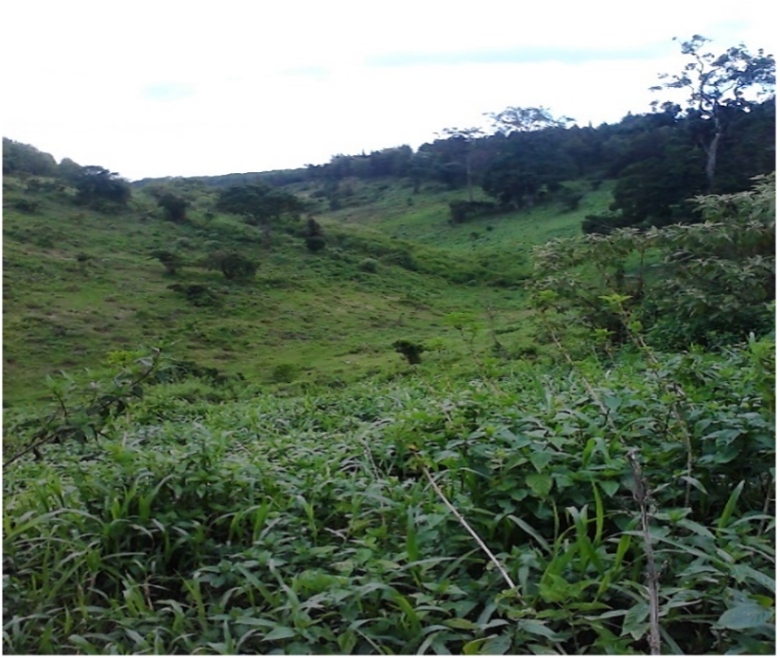NACOFA gathers community feedback on Forest and Landscape Restoration (FLR) and Natural Resource Management (NRM) challenges, such as degradation. It analyzes existing laws and policies to identify gaps and inconsistencies that hinder effective solutions. To empower its CFA members, NACOFA builds their capacity in policy advocacy, teaching them to influence policymakers, secure inclusion in consultative forums, and impact policy planning and implementation. Collaboration with government bodies like the Ministry of Environment, Kenya Forest Service, and County NRM departments addresses these gaps through policy reviews, amendments, and new regulations. NACOFA also formed coalitions with stakeholders to tackle policy issues. When governments are slow or resistant to change, NACOFA engages in horizontal advocacy by working within government oversight structures, such as Technical Working Groups and Forest Conservation Committees, to influence policy from within.


